Payuhuan
Batanes Islands, Philippines2022 - 2024
Batanes’ sustainable farming, a model on food sovereignty
and climate resilience
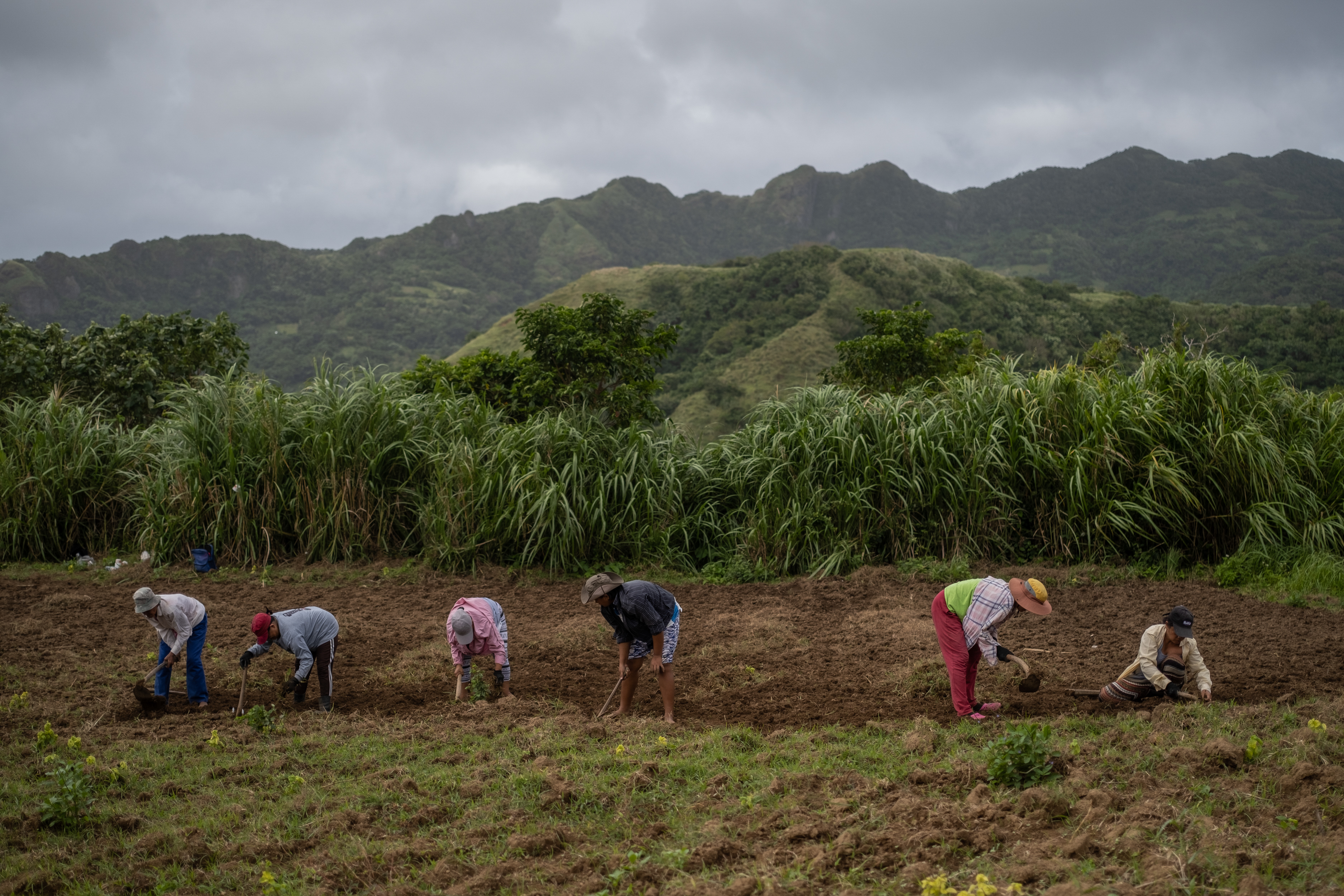
Women farmers cultivate land during a Payuhuan at Imnajbu, Batanes. Payuhuan is a communal gathering where farmers collectively prepare the land for free, with the harvest proceeds divided among participating members of their farming cooperative. This practice is common among the Ivatan, who traditionally support one another in farm work without expecting payment.
Batanes is the smallest island province in the Philippines, located at the northernmost tip of the archipelago. This isolated island, positioned within the Pacific's typhoon belt, is home to over 18,000 indigenous Ivatan people, who are renowned for their resilience in the face of severe storms.
Batanes is the smallest island province in the Philippines, located at the northernmost tip of the archipelago. This isolated island, positioned within the Pacific's typhoon belt, is home to over 18,000 indigenous Ivatan people, who are renowned for their resilience in the face of severe storms.
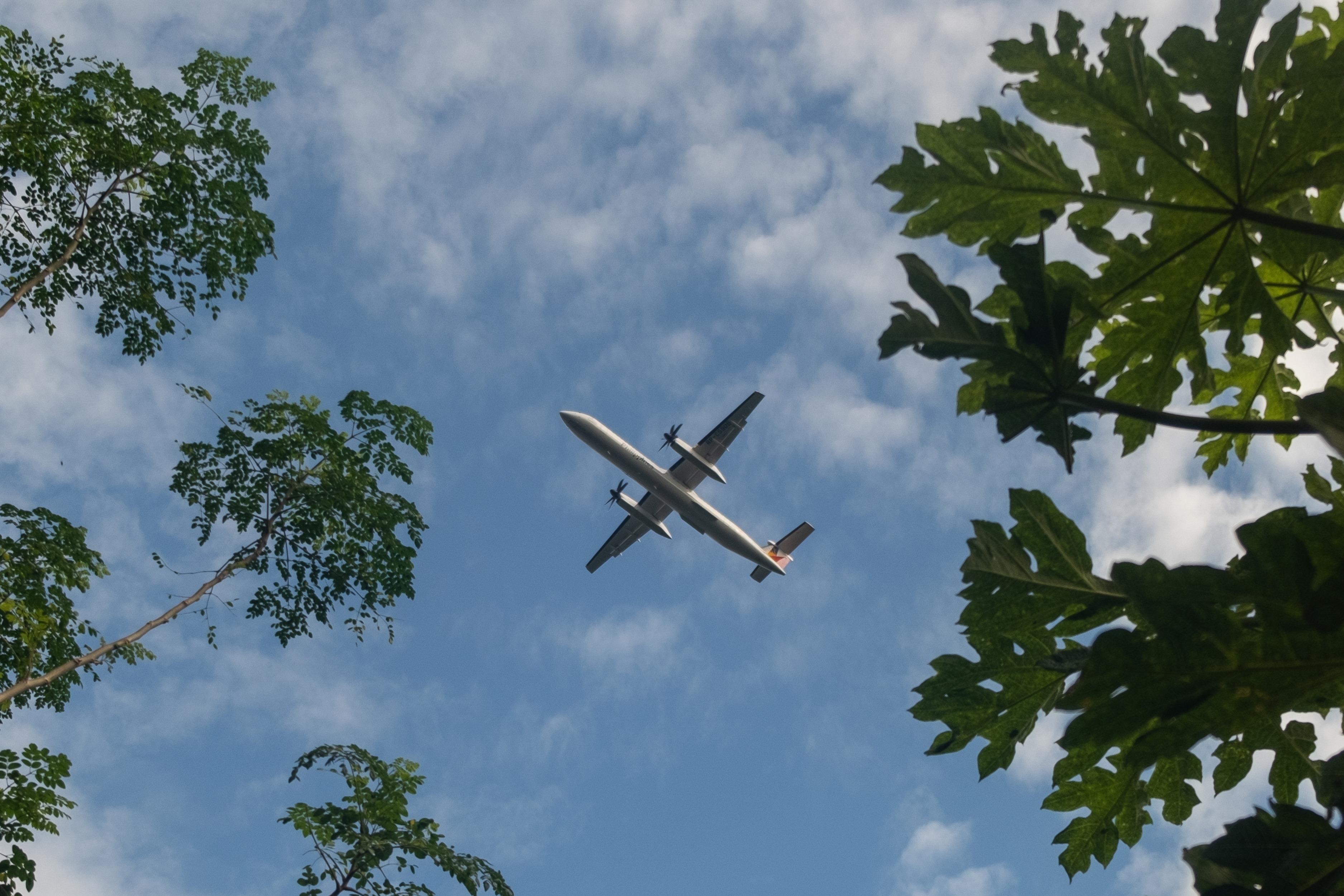
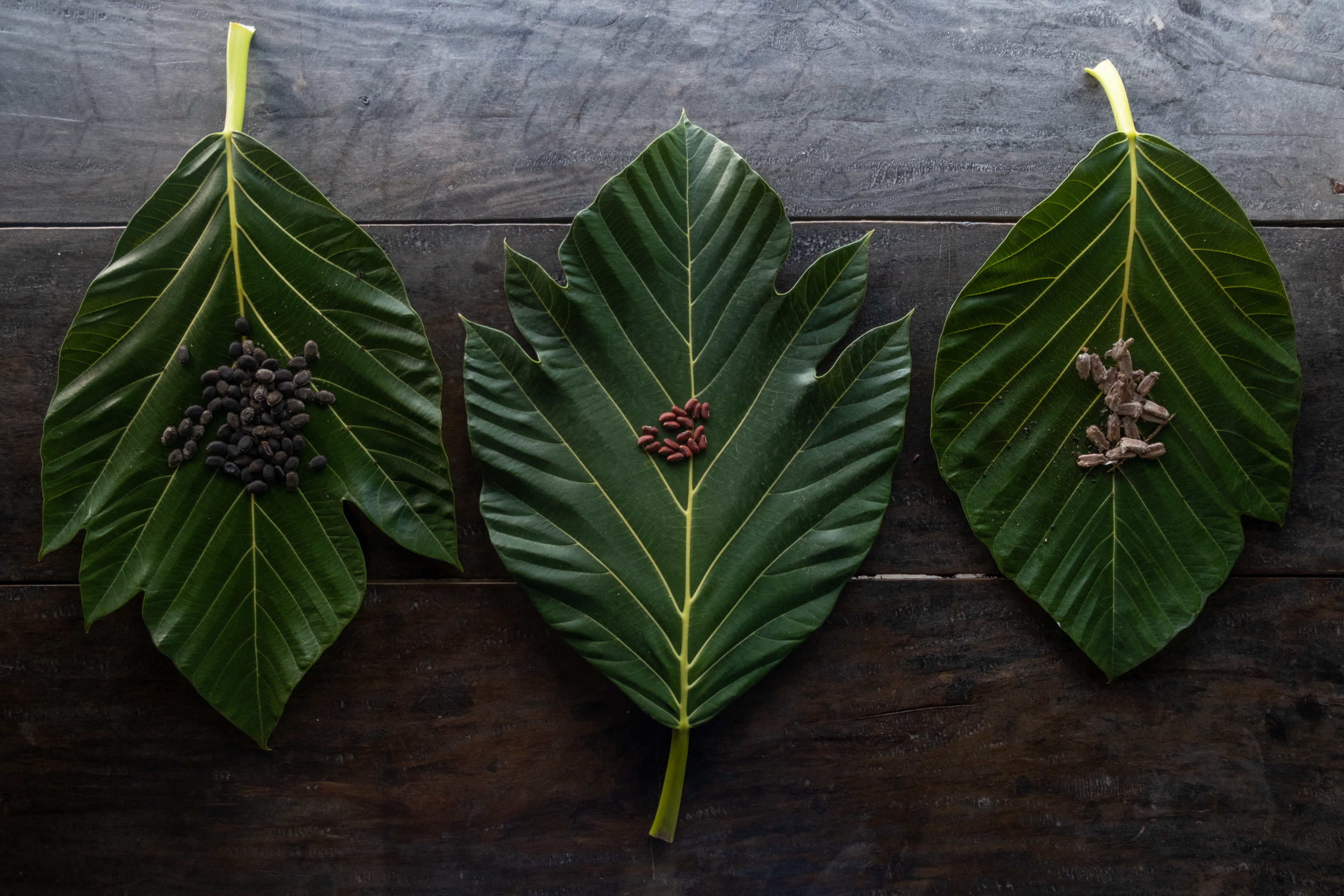
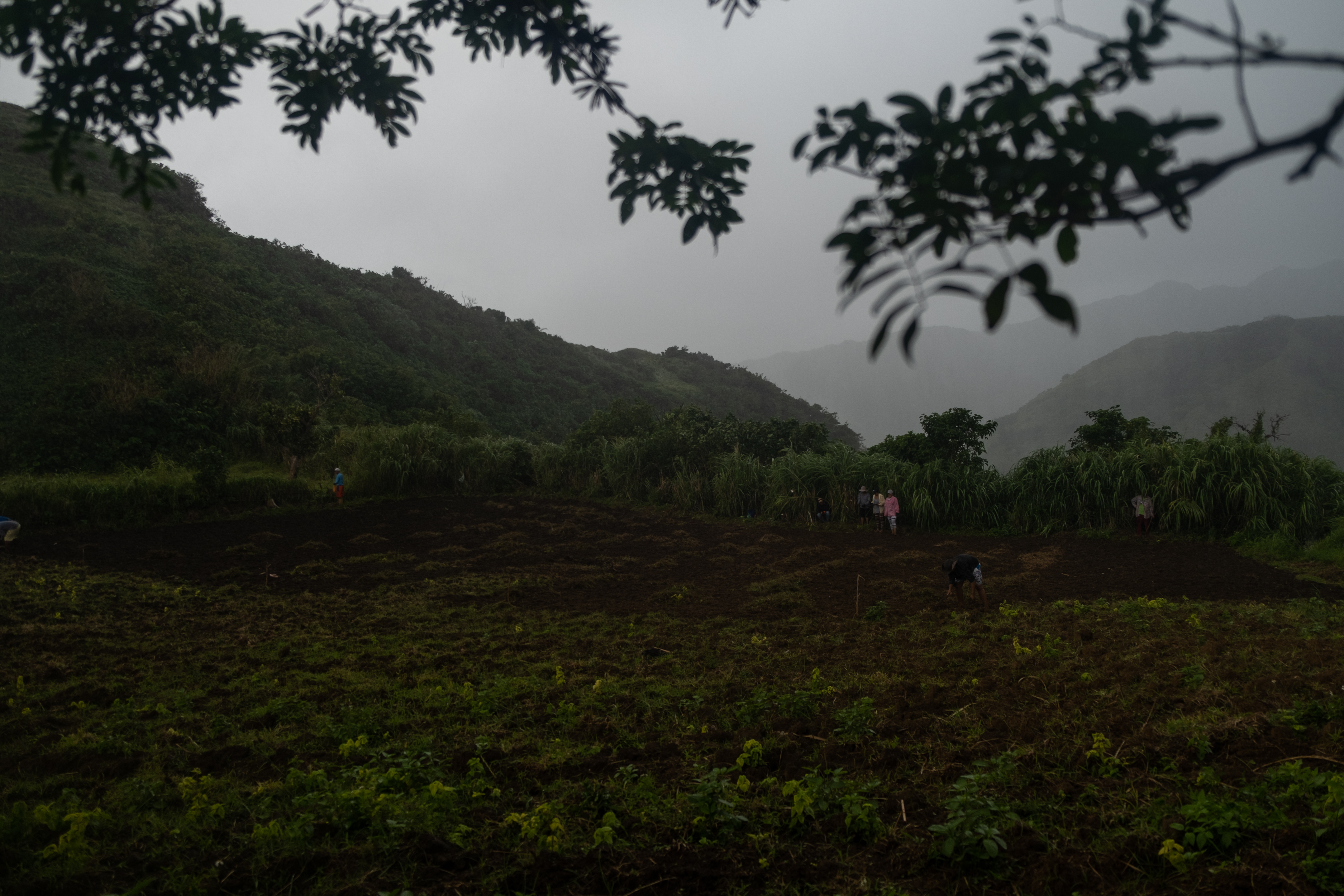


Magdalena Fabre, a 72-year-old farmer, could barely remember how old she was when she first began accompanying her parents to their farm in Mahatao, Batanes. Farming was so deeply intertwined with her childhood that she can’t recall the first time her fingers touched the soil.
“As a child, my parents would ask me to bring their tools to our farm, and that’s how I learned little by little. I had to help my parents on the farm because farming was synonymous with survival,” said Fabre. She was the oldest daughter in a family of 11. Like many in her generation, her family planted crops primarily for sustenance.
“As a child, my parents would ask me to bring their tools to our farm, and that’s how I learned little by little. I had to help my parents on the farm because farming was synonymous with survival,” said Fabre. She was the oldest daughter in a family of 11. Like many in her generation, her family planted crops primarily for sustenance.
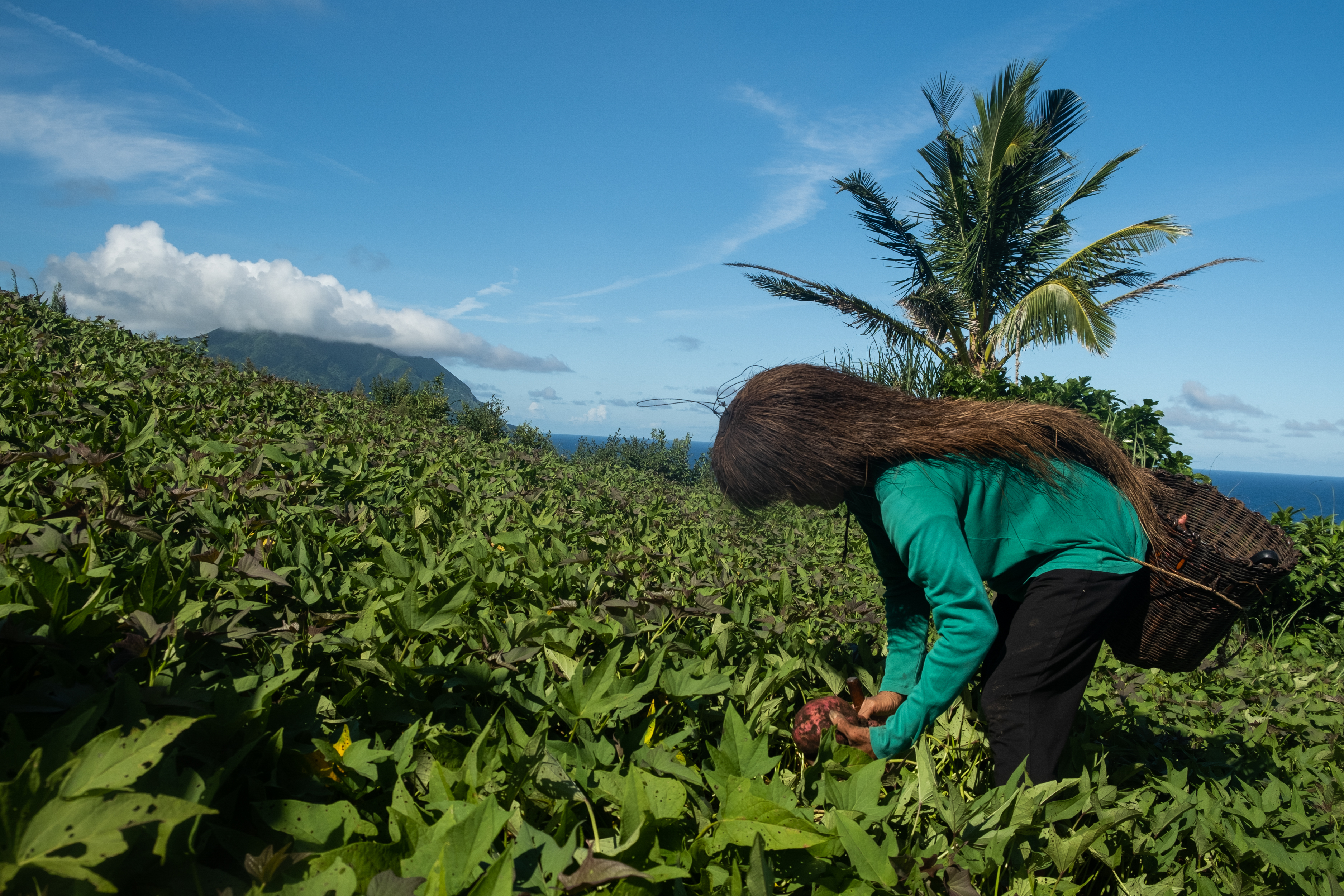


Given that Batanes is frequently hit by typhoons, root crops such as uvi (yam)
and wakay (sweet potato) were ideal choices for planting.
These crops grow underground, making them less vulnerable to strong winds and rain
in comparison to soft rice grains, which grow above ground.
“We only harvest what we need for the day, and since there were no markets before, we barter excess vegetables to other households who have what we need,” recalled Fabre.
and wakay (sweet potato) were ideal choices for planting.
These crops grow underground, making them less vulnerable to strong winds and rain
in comparison to soft rice grains, which grow above ground.
“We only harvest what we need for the day, and since there were no markets before, we barter excess vegetables to other households who have what we need,” recalled Fabre.





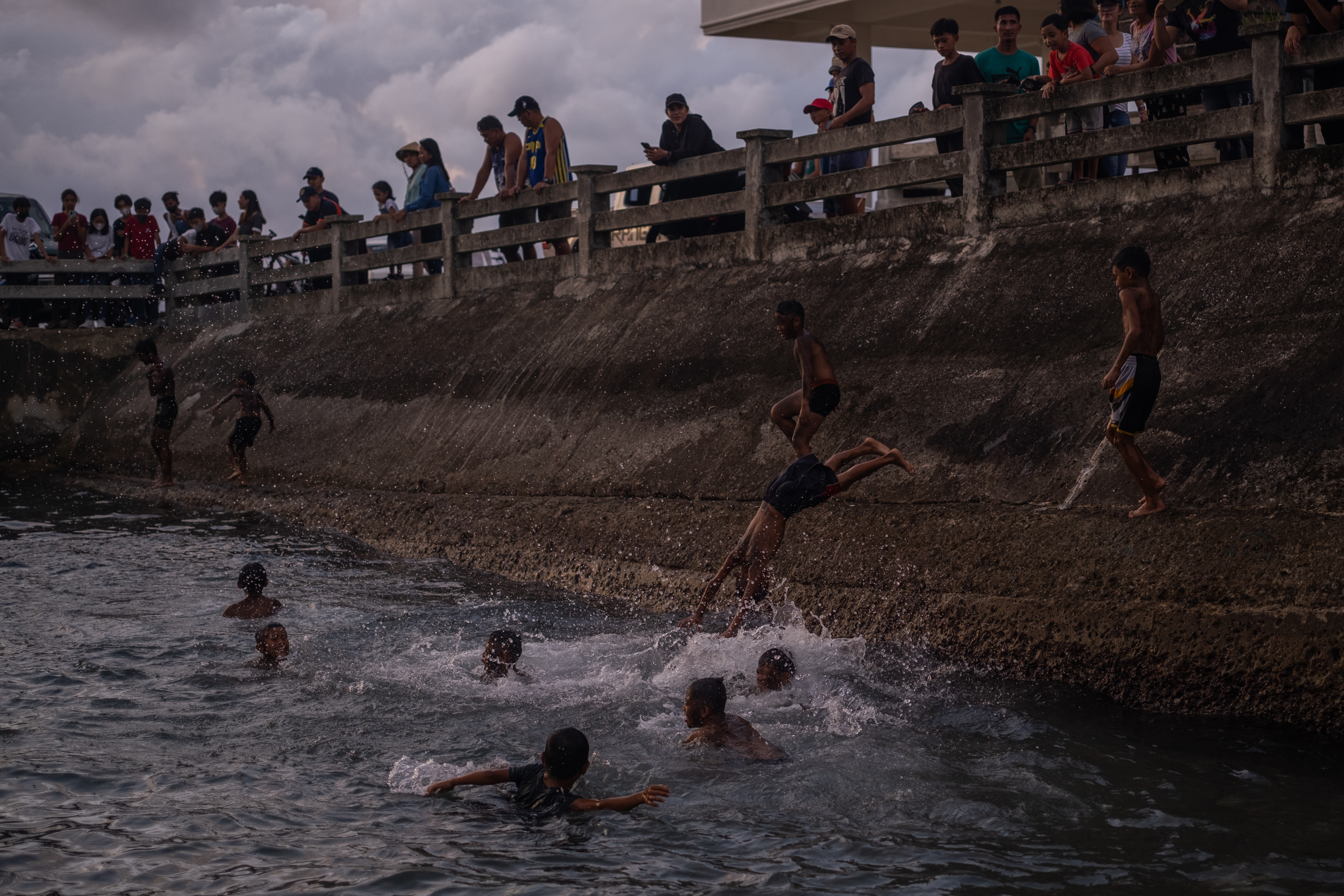


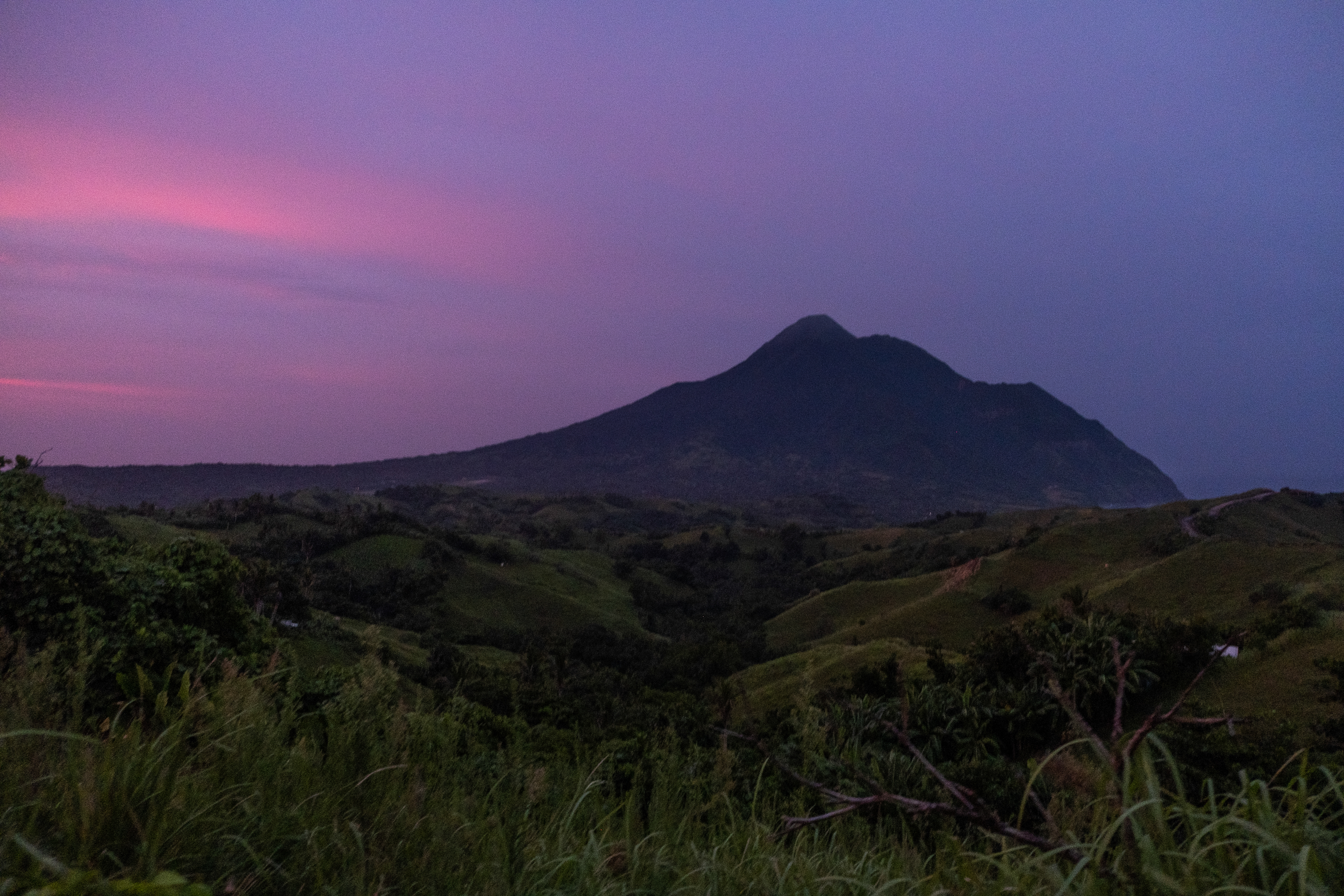
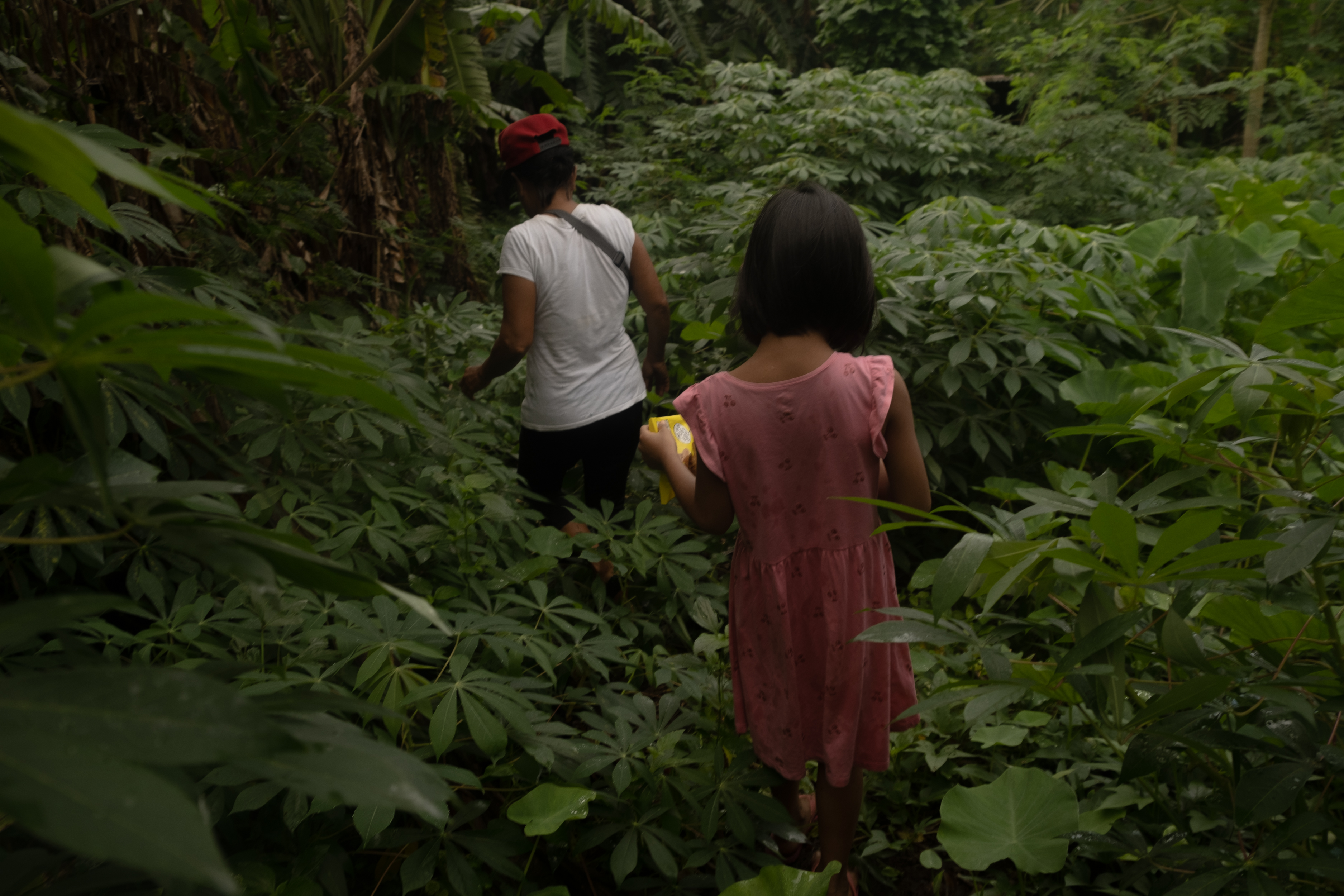
During the onslaught of supertyphoon Kiko in Batanes, Fitero and her daughter huddled under their table for hours, their hands pressed tightly against their ears to block out the deafening roar of 215 kph winds and the terrifying sound of iron sheets being torn from roofs and hurled across their hometown. The damage is still evident in their home, through leaking and flailing roofs and a destroyed television set.
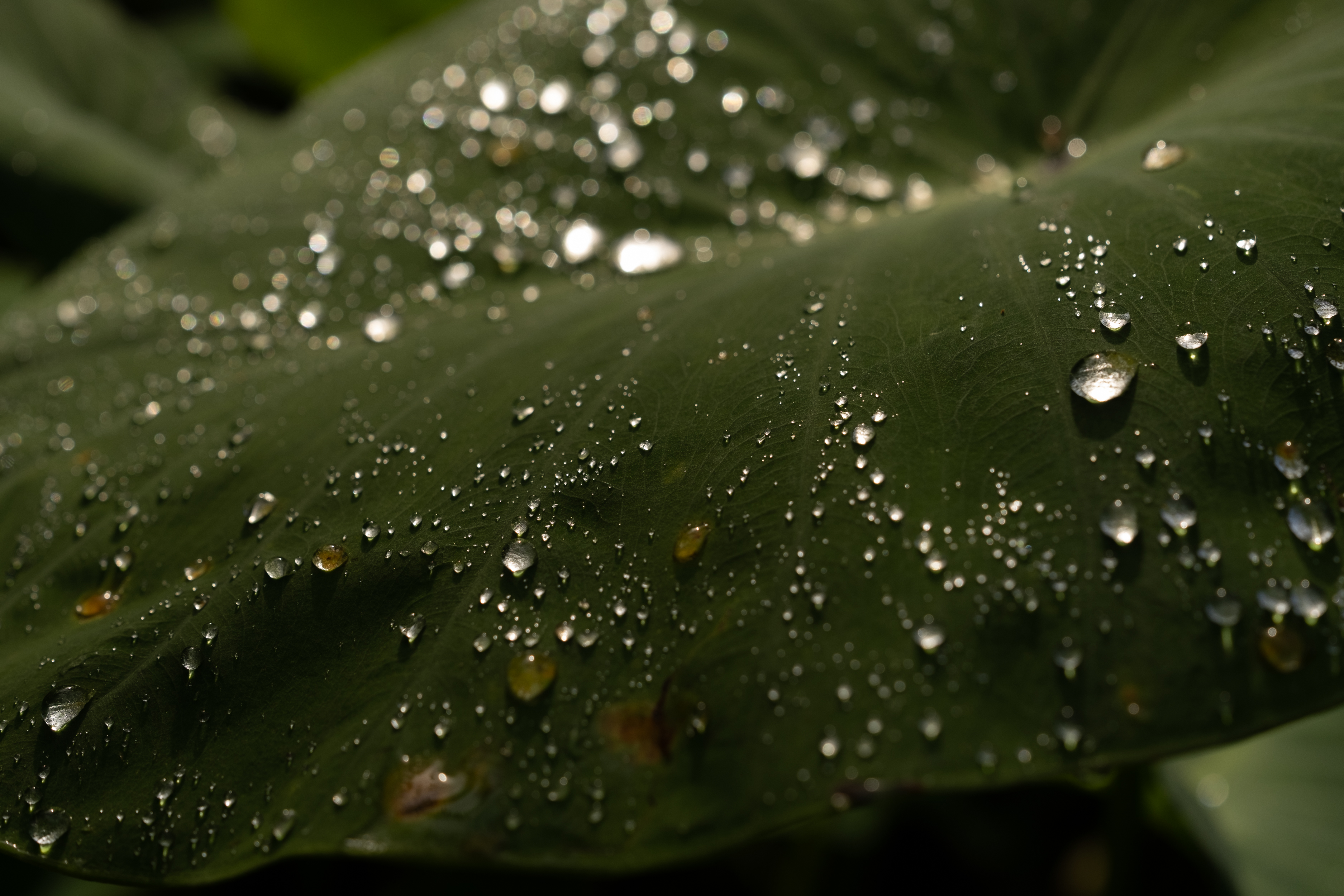





That farming day, Fitero returned to her small plot of land to farm and share that she had worked for years in Manila, but returned to farming on the island as it became a practical choice for a mother caring closely for her growing daughter. However, life isn’t exactly easier - when it rains, she and Dianne pull out rugs to wipe away the water leaks from their iron roof. And because saving as a farmer is difficult, buying the cement needed to repair their roof will have to wait.
Read the full story on Fair Planet
